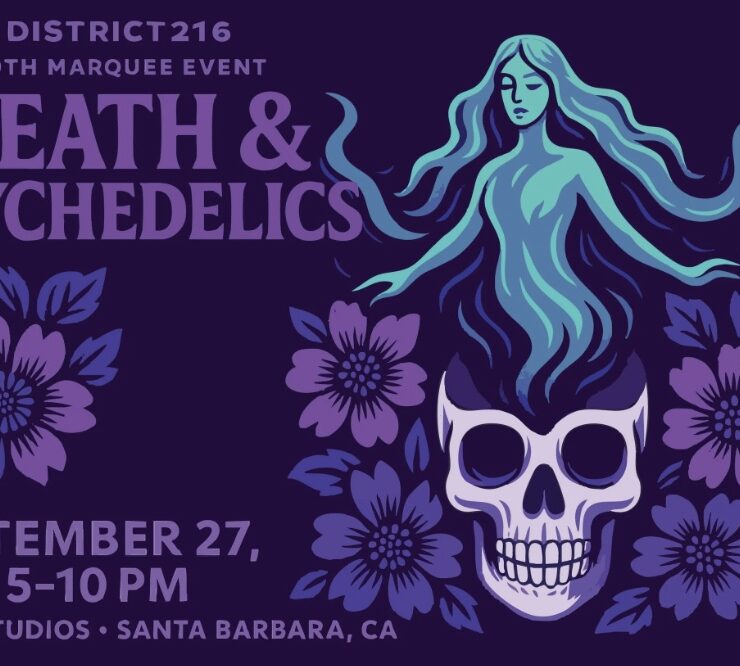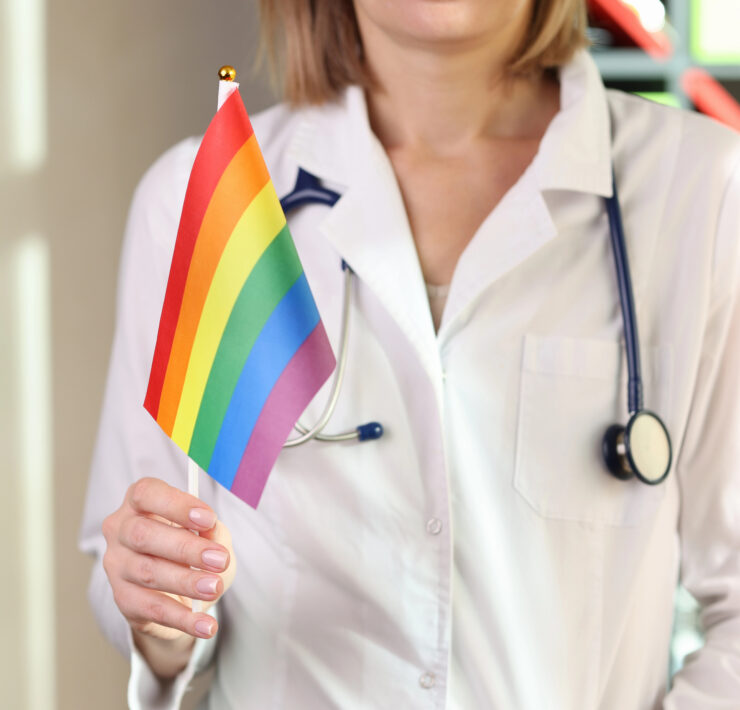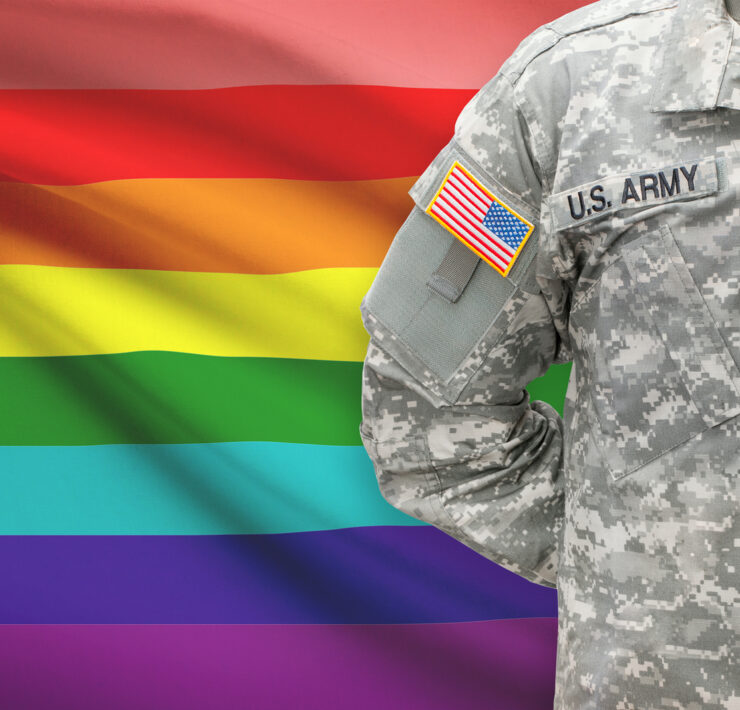BIPOC and LGBTQ Receives Special Care Through Eleanor Health
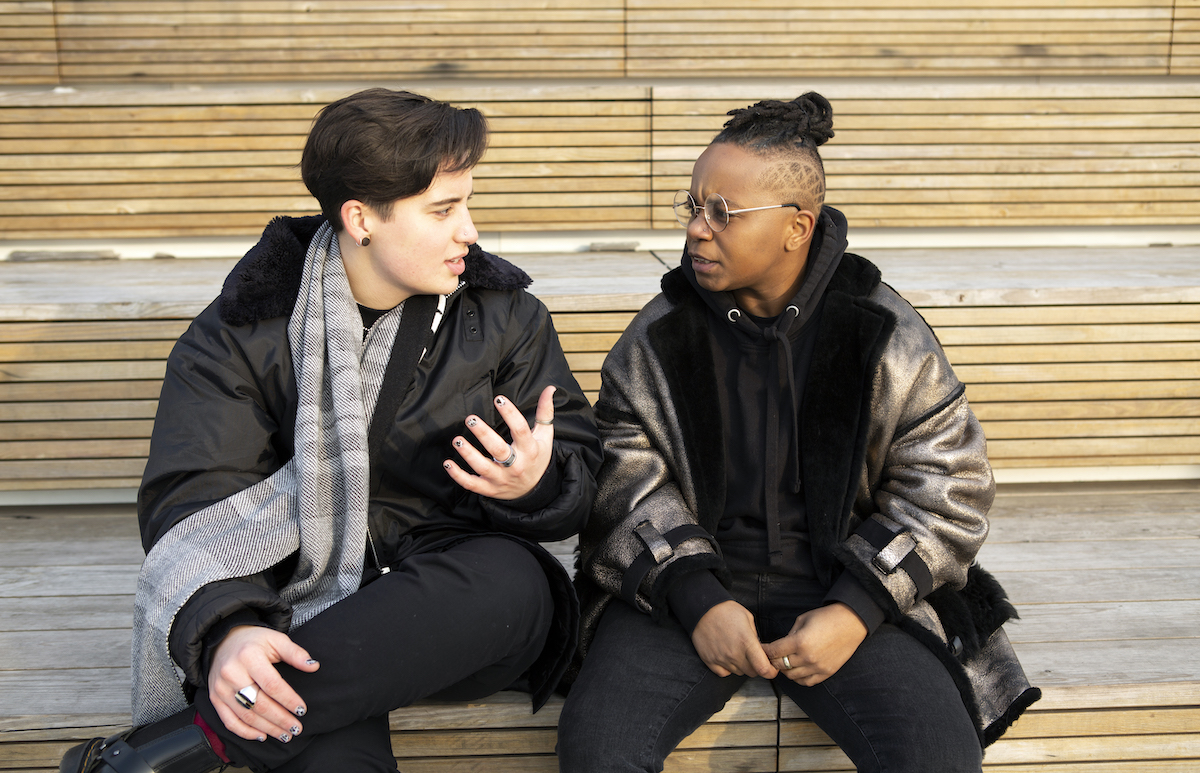
Intersectionality, accessibility, and squashing the sexist, patriarchal norms through queer…
We have watched the world flip upside down in the recent months and resources for self care are needed at an all time high and rapidly increasing rate. For BIPOC and LGBTQ folks, the strains of the everyday battle against discrimination and marginalization paired with the higher instances of mental health issues may have already been too much to keep the demons of addiction away. That’s why Eleanor Health is expanding their services and providing free, convenient, comprehensive options for the growing mental health and substance abuse needs of BIPOC and LGBTQ people.
With the new, free BIPOC and LGBTQ virtual support groups, folks from those communities can feel empowered to speak their truth as each group is led by individuals who identify within those vulnerable populations. By connecting with peers who are dealing with similar struggles, participants can garner insight into their symptoms and struggles and obtain access to treatment options and resources.
The co-founders of Eleanor Health, Corbin Petro and Dr. Nzinga Harrison (who are both members of the LGBTQ and Black communities, respectively) took a moment to share with OUT FRONT why these groups were necessary, what kind of benefits the virtual format offers folks who are dealing with mental health and substance abuse issues, and the importance of culturally-sensitive approaches to mental health and addiction care.
Why did it feel right to focus on creating more resources specifically for BIPOC and LGBTQ folks?
Corbin Petro: With LGBTQ and BIPOC founders, leaders, and team members at Eleanor Health, we reflect the diverse communities we serve and understand the needs and experiences of these communities. We wanted to create safe spaces and relationships where our community members can see their identities reflected in the diversity and intersectionality of our team and feel comfortable sharing their full experiences and identities as part of their recovery journey.
Research shows that specialized groups show better outcomes to non-specialized groups as people may be hesitant to self-disclose or share their unique experiences. Eleanor Health was built on equity, advocacy, and justice, and creating more resources for these groups aligns with our core values.
Related article: Queering Mental Health- An Introduction
Dr. Nzinga Harrison: We launched free online support groups in March when we saw distress and anxiety rising as a result of COVID. When George Floyd was killed in May, we knew the emotional distress of BIPOC communities was spiking from the trauma. We were trying to figure out what we could do to support the BIPOC community that would remove traditional barriers to access, and landed on free, online BIPOC support groups moderated by Eleanor Health BIPOC staff members.
Then June came, and it was Pride month. We thought, in the midst of the largest human rights movement in history, it made perfect sense for us to create a free, safe, affirming space for members of the LGBTQI+ community, who also routinely experience discrimination, marginalization and mistreatment. We consulted two of our team members who identify at LGBTQI+ and they were thrilled to launch and lead the groups.
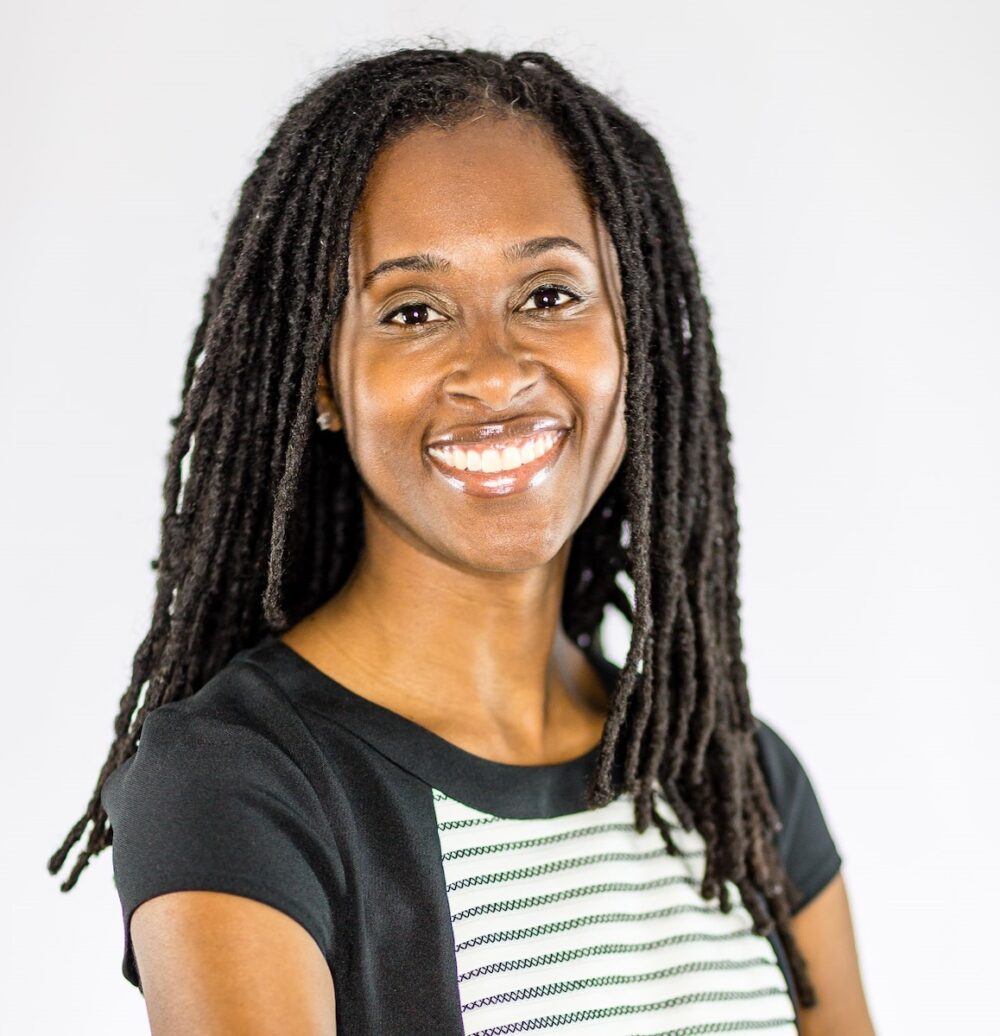
What exactly does an online support group look like? How do folks interact and how do they feel that safe support?
Petro: An online support group is intended to work much like an in person group. In our LGBTQI+ and BIPOC support groups, the facilitator is a member of one of these communities so they can fully relate to the experiences of the members of the group. Participants join by video and can disclose or choose not to disclose their identity. We aim to create meaningful connections by maintaining consistency in these groups, which we know helps establish trust; a foundation of our model.
Harrison: In order to ensure safety, individuals must register for groups. Eleanor Health group leaders and participants join by video. The time is spent sharing freely about common experiences, stressors, ideas for self-care and maintaining physical and mental health. Participants share or listen according to their comfort-level. Group leaders moderate the discussion and reinforce common experiences as a way to develop trust and cohesion with participants.
In what ways do you find that virtual groups create even safer spaces than in-person groups?
Petro: We recognize that each person’s recovery journey is unique and tailor treatment to the needs of each individual. For some, virtual groups are a key component of their treatment plan and provide convenience and confidentiality that helps keep them committed to their treatment. For others, in-person groups are a critical piece of their recovery. Virtual groups provide an easier way for prospective community members to start their recovery or figure out if Eleanor Health is the right program for them.
Harrison: For some, the stigma of being seen walking into a mental health or addiction treatment facility for group supports is a barrier. For others, showing their faces or speaking out is a daunting task. Virtual groups can remove both barriers. Participants can connect from the comfort of their own home or anywhere that is convenient; video is optional as is speaking up. Virtual groups can protect anonymity for those who need it, until they become more comfortable and feel safe.
How have you found that folks may be relying more on the use of substances in order to cope with the anxiety and separation from their communities since COVID?
Petro: Yes. People everywhere are experiencing isolation, anxiety, and uncertainty as part of COVID, and many are turning to substances to cope. For our existing community members, we’ve engaged with them more frequently in response to elevated anxiety and isolation. This is particularly true for many members of the LGBTQI+ and BIPOC communities who face unique and additional challenges and stressors, including being separated from places and people where they feel safe to be open about their identities.
Harrison: Yes. Alcohol sales in the US are up 55 percent since COVID. Different states are seeing opioid overdose deaths increase by as much as 20 percent when compared to last year. A Census Bureau survey revealed as many as 30 percent of Americans were struggling with symptoms of generalized anxiety in the third month of COVID.
The week after the video of George Floyd’s killing became public, depression and anxiety in Black populations spiked 5 percent, representing roughly an additional 1.4 million Black Americans suffering with at least one symptom. The Well Being Trust estimated an additional 75,000 Americans would die “deaths of despair” as a result of COVID – defined as death due to alcohol, other drugs or suicide. Distress is very high right now.
Related article: LGBTQ Community’s Well-Being Impacted Greater
Are these free resources going to be a permanent addition to your services or is it only for a short period of time?
Petro: We would like to offer free support groups as long as they are well-attended and valuable to our communities. We look to build long term relationships with our community members, as well as other organizations in our communities, and hope these will help build those types of relationships.
What draws you to the work of serving marginalized populations and minority groups around the issue of substance abuse?
Petro: Eleanor Health was built on advocacy, equity, and justice. We fundamentally believe in equity and recognize the need for compassionate care for all people, including historically marginalized populations. As LGBTQI+ and BIPOC co-founders, we uniquely understand the experiences of people affected by discrimination and stigma. We recognize how important it is for people to be seen, heard, and understood, particularly in recovery. There is nothing more rewarding than hearing stories from our community members, particularly those who have experienced stigma and discrimination, who are thriving at Eleanor Health, in an environment of compassion and respect.
Harrison: Individuals with addiction and other mental health disorders routinely face discrimination and marginalization both within and outside healthcare and treatment settings. This mistreatment compounds the discrimination and marginalization experienced by BIPOC and LGBTQI+ identifying individuals. The result is that people don’t seek support, and/or drop out of care because of bad experiences. That leads to worsening illness, poor quality of life and in the worst cases, death.
At Eleanor Health, we believe it is the responsibility of the healthcare system to do better. We have to be proactive about creating safe, compassionate spaces that empower people, respect their autonomy and treat addiction and other mental health disorders as the chronic medical conditions they are. As BIPOC and LGBTQI+ co-founders, we are uniquely positioned to understand the experience of being marginalized and discriminated against, because they are our own experiences. It is a privilege to be in a position to build a company from scratch that is wholly dedicated to undermining those experiences, and instead caring for people compassionately and within the bounds of their own autonomy.
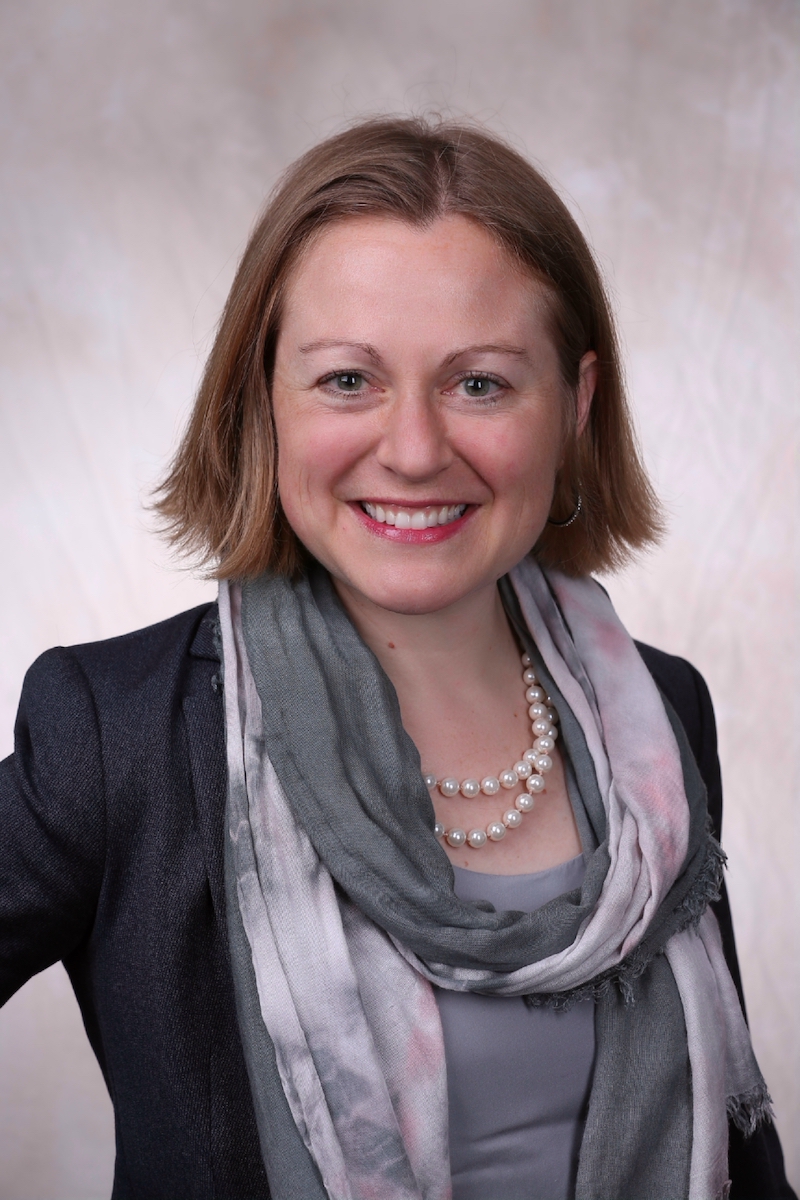
Can you talk about how this work is fulfilling and what joy or pleasure you derive from it?
Petro: The stories and feedback we hear from our community members inspire our work each and every day. The vast majority of the stories we hear and experience hand in hand with our community members are uplifting. We constantly hear from our community members that they didn’t know recovery was possible for them, and that a place like Eleanor Health existed – one that treats them as individuals, doesn’t make them feel shame for their illness, doesn’t quit on them when they need the help most. Our community members come from all walks of life, across socioeconomic, demographic, racial, and other characteristics, yet they all have found community, dignity, compassion with Eleanor Health. It’s incredibly rewarding to be helping people live amazing lives, and seeing that impact every day.
Harrison: The joys of supporting individuals and families affected by addiction are too numerous to list. From the member who mentions, “No treatment program has ever cared for me like this,” to the member who says, “Eleanor saved my life,” to the member who wants an Eleanor Health onesie for the baby she is carrying, to the relationships we see improve, to new jobs, to life meaning, to volunteering, to making a difference in someone else’s life, to being able to raise their voices in advocacy for themselves. The absolute beauty of the relationships we get to form, the triumphs we get to share, the hurdles we help to navigate, to knowing that we are pushing the addiction treatment industry to do better by our loved ones and community members who reach out to us at their most vulnerable and desperate times – it’s an amazing journey, and I’m grateful that our community members invite us to be on it with them.
What is your recommendation for anyone who is feeling disconnected and hopeless?
Harrison: Please know that you are not the only one struggling. Now is an incredibly difficult time. Our emotional resources were already low from the stressors brought on by COVID, and then we watched Ahmaud Arbery, George Floyd, and now Rayshard Brooks killed on video. At a time when we have less access to our loved ones because of social distancing, we need connection more now than ever.
I strongly encourage people to find virtual ways to connect. Intentionally schedule time to connect virtually with your loved ones. For friends who live close enough, drive by and stand at the end of the driveway with a mask on. Though it’s not the same as a warm embrace, being in the same space makes a difference.
Seek safe spaces and connect to professional mental health support if needed. Now more than ever, we have to be intentionally and wholly committed to our self care. Don’t feel guilty about taking a break from the pain and advocacy of this time; dance, laugh, sing, take a bath, take a walk. Do whatever it is that fills your cup so you can keep yourself healthy.
What's Your Reaction?
Intersectionality, accessibility, and squashing the sexist, patriarchal norms through queer pearls of wishful wisdom.






